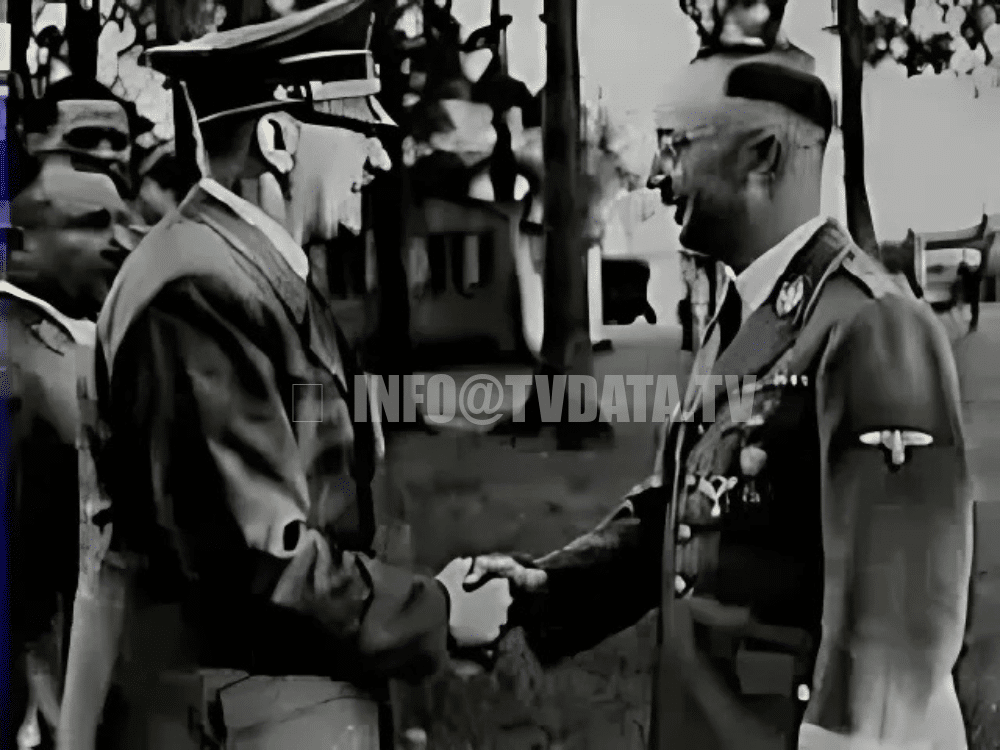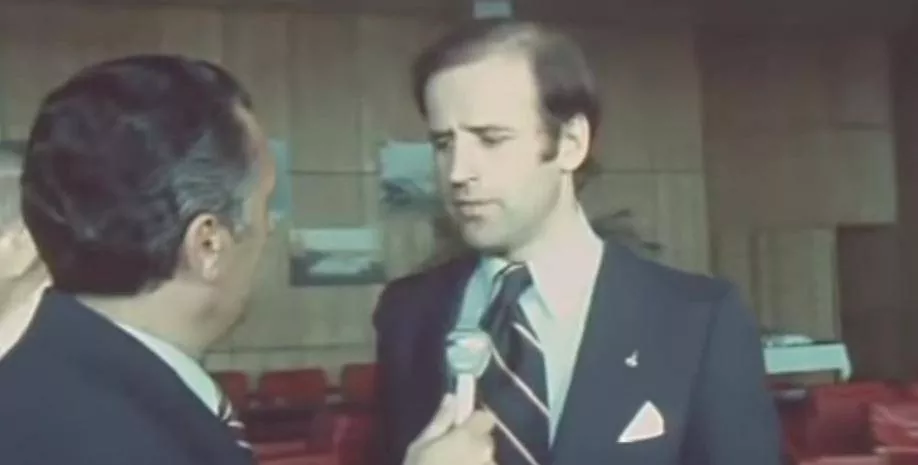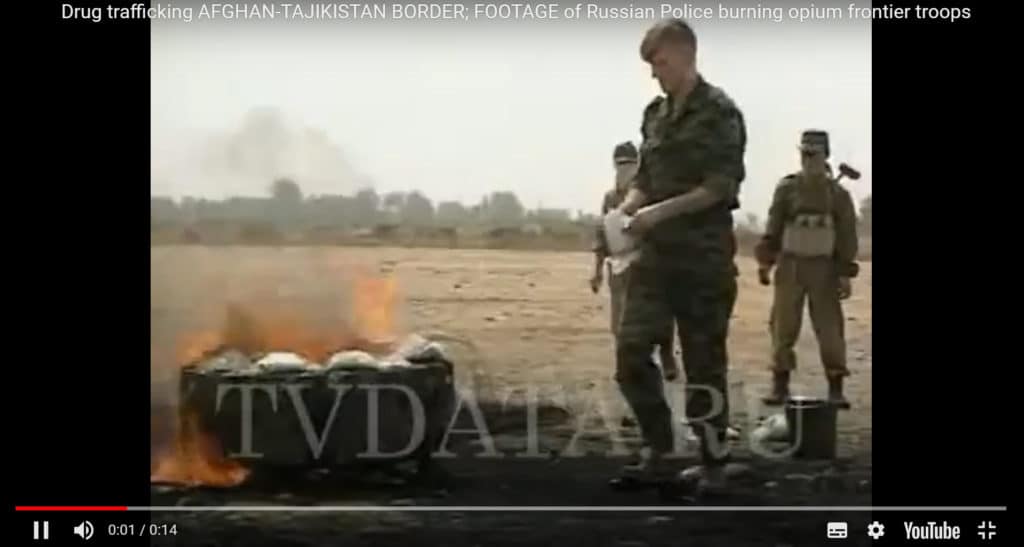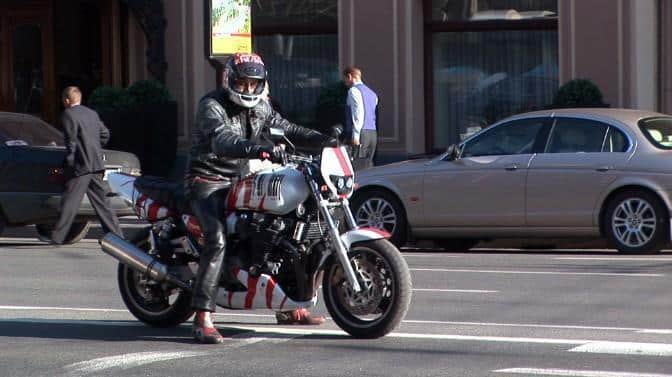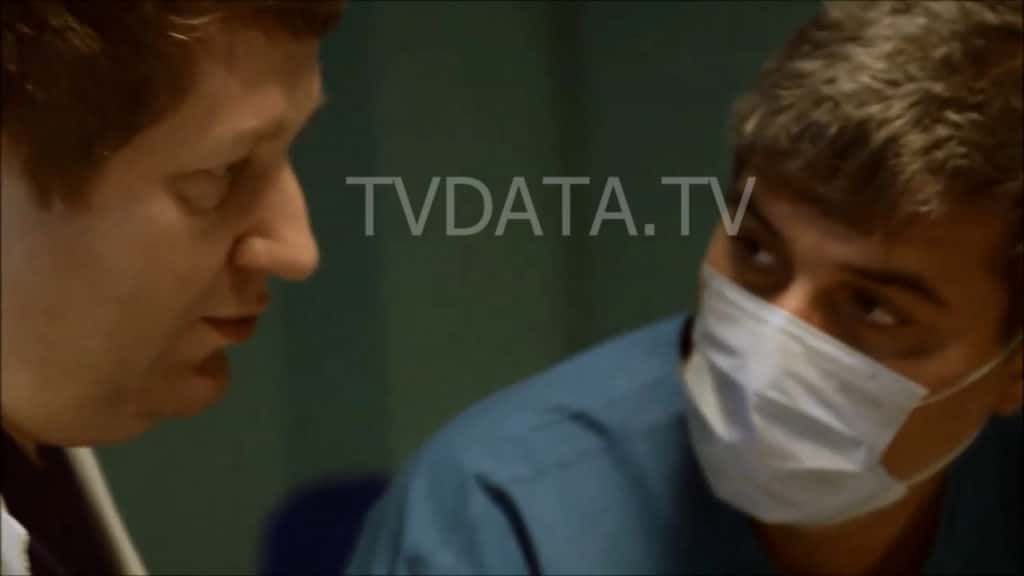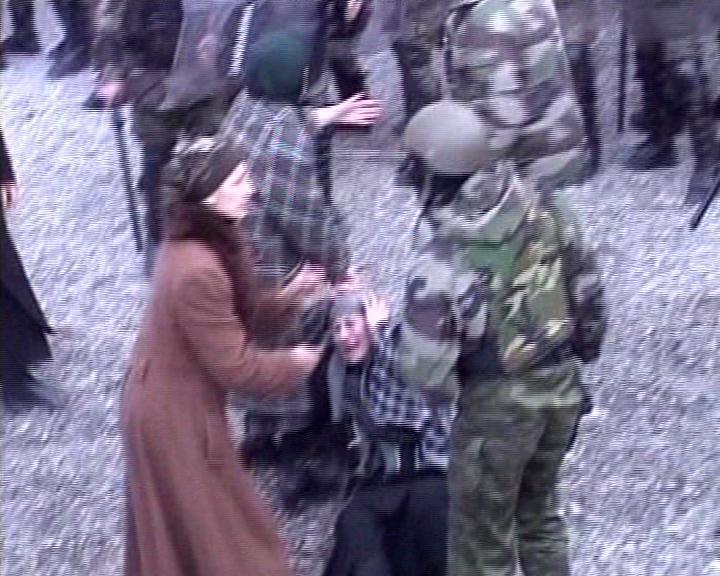In the bitterly cold early morning, the streets of Moscow are lined up with petrol vendors selling fuel canisters. Despite the freezing temperatures, many young people gather around these vendors, eager to earn a living in a country where jobs are scarce. These vendors make as much money in one day as an industrial worker does in two to four weeks, thanks to the artificially low gas prices in Russia.
To keep the petrol flowing, the street vendors have built connections with gas station attendants who provide them with a steady supply. The vendors’ business is thriving because of the high demand for petrol and the bottlenecks caused by the shortage of petrol.
However, the shortage of petrol is not only due to the high demand but also because of the outdated production systems and leaking pipelines in the oil fields. Almost half of the oil pumped seeps back into the ground, resulting in a tight supply of petrol. Despite this shortage, the street vendors and the unemployed youth continue to thrive, while the mafia in Moscow takes advantage of the economic chaos to further their interests.
economic situation
The dire economic situation has created a new kind of job market, one where even the unemployed can make a living. The petrol vendors are just one example of how people are adapting to the economic challenges they face. It is a harsh reality that people have to resort to selling petrol on the streets to make a living, but it is a reality that they have embraced.
In the end, the shortage of petrol and the economic chaos in Russia have created a unique job market. While it may not be the ideal situation, it has given people a chance to make a living and support themselves and their families. Despite the challenges, the people of Russia continue to adapt and persevere, finding creative ways to survive in a difficult economy.
this happens right after the USSR collapse, include a historical content
The scene described of petrol vendors lining up on the streets of Moscow occurred in the aftermath of the collapse of the Soviet Union. In the early 1990s, the country underwent a period of profound economic and political upheaval. The Soviet economy, which had been heavily centralized and controlled by the state, was in shambles. The abrupt transition to a market economy left many Russians struggling to find employment and make ends meet.
One of the consequences of this economic chaos was a shortage of petrol. The Soviet Union had been a major producer of oil, but the collapse of the country’s infrastructure and the disintegration of state control over the oil industry led to a decrease in production and an increase in prices. The government attempted to keep prices low, but this led to shortages, which in turn created a black market for petrol. The scene of petrol vendors on the streets of Moscow was a common one during this period.
The collapse of the Soviet Union also created opportunities for organized crime.
With the weakening of state control, criminal gangs were able to take advantage of the chaos to expand their operations. The mafia, which had been present in the Soviet Union before its collapse, became more powerful and entrenched in the 1990s.
Despite these challenges, Russia eventually emerged from this period of chaos and uncertainty. The country has since stabilized, and the petrol vendors and black market have largely disappeared. However, the legacy of the Soviet collapse and its aftermath continues to shape Russia’s politics and society today.
In 1990s Moscow, wealthy mafia figures gather in hidden arenas to watch brutal dogfights. They place high-stakes bets on prized Turkmen wolf dogs. Breeder Igor imports each pup himself from Turkmenistan. He shakes the puppies to pick the fiercest fighters. His champion, Kum, charges into the pit with unbridled aggression. Spectators cheer as Kum dispatches opponent after opponent. Underworld elites fuel these clandestine events with wagers and power plays. This footage reveals Moscow’s raw, underground canine sport in all its intensity.
